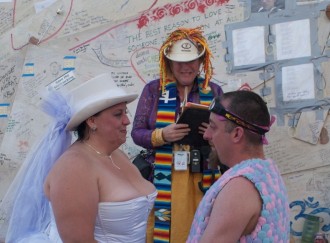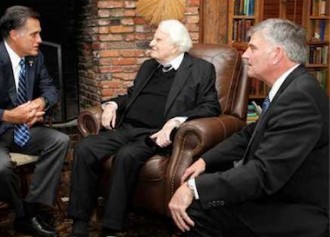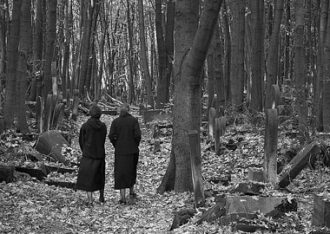Response to Daniel Philpott: the Politics of Religious Freedom
I would like to respond to Daniel Philpott’s reaction to my piece on the politics…
Read MoreI would like to respond to Daniel Philpott’s reaction to my piece on the politics…
Read MoreRyan Lizza describes the recent dust-up over Sen. Rand Paul’s (R-KY) support for emergency contraception,…
Read MorePopular coverage of the fallout from the Hobby Lobby decision has largely fallen off, but…
Read More
Like many of you, I’ve been spending much of July fuming over how to properly…
Read MoreWhatever happened to that great big Roman Catholic Church? It seems to be shrinking before…
Read MoreThe ‘morning after’ Gosnell: Can we agree on some of the basics?
Read More
What McLaren is after is a Christian faith that is not automatically hostile to other faiths and to no faith: he calls this “strong-benevolent” Christianity, observing along the way that only active peacemakers can really claim to be connected to God with any real degree of credibility—a point that should be obvious but isn’t.
Read More
As the 40th anniversary of Roe v. Wade passed, evangelical leaders marked the occasion with histories of how their community took up the anti-abortion cause.
Read More
In the process of doing all they could to defeat Obama, self-proclaimed and media-designated evangelicals discredited their message and reduced it to a mere political gospel.
Read More
Many (obviously) look to religion for answers. Not me. Even if I consider myself somewhat religious, I have a hard time accepting the life-after-death claims of my own religion, Judaism. The dilemma is not uncommon: Although 80-90% of Americans believe in God, some 25-50% do not believe in life after death (the numbers depend on the study). So when considering death, many of us turn to less spiritual pursuits. Two recent books attempt exactly that: to explore the nature and meaning of death without religious filters. Shelly Kagan’s Death uses philosophy to define mortality and how best to live with the knowledge of it; Dick Teresi’s The Undead explores how science and technology is changing how we define death—and not for the better.
Read More